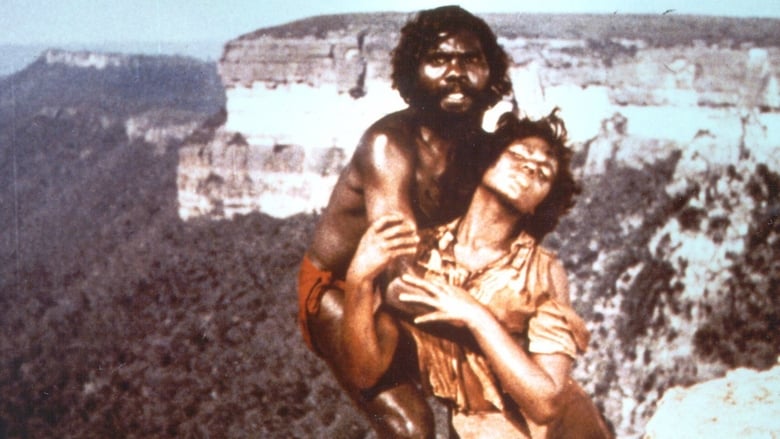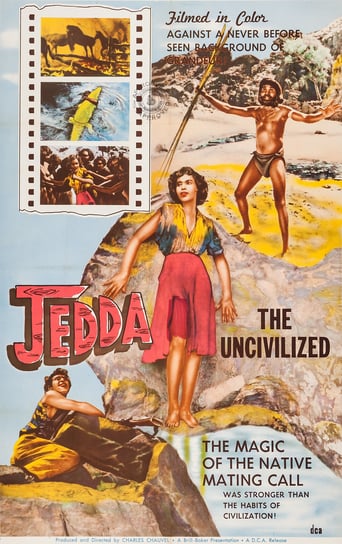An aboriginal girl is brought up by a white family that adopts her. As a young woman, she is mysteriously drawn to go "Walkabout" as people of her tribe have for hundreds of years.
Similar titles
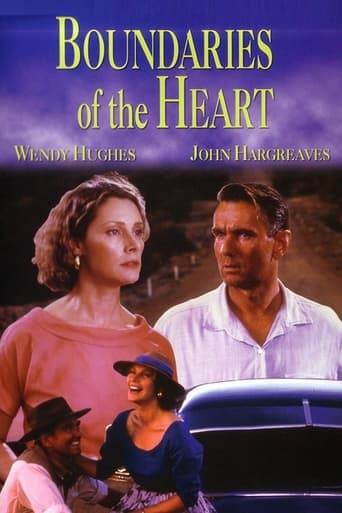
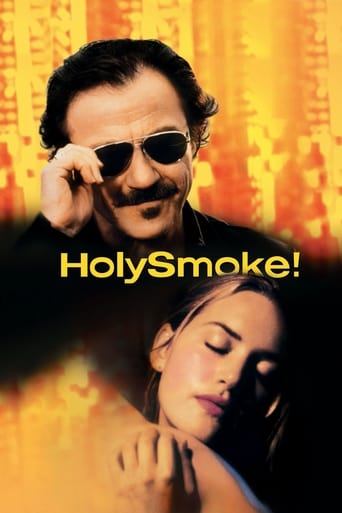
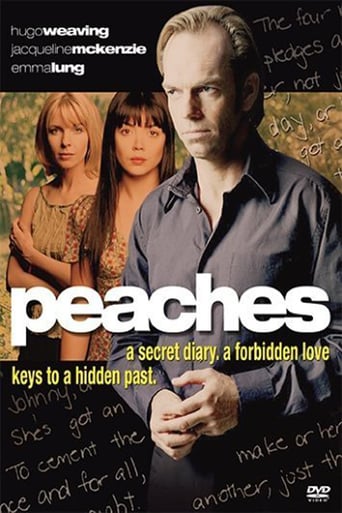
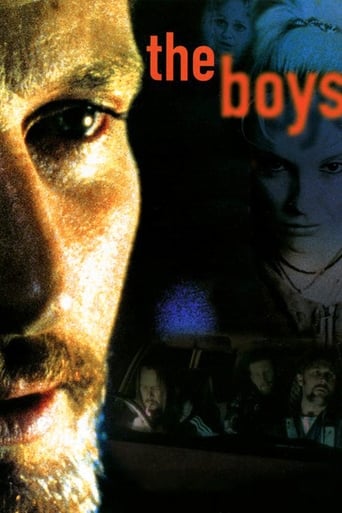
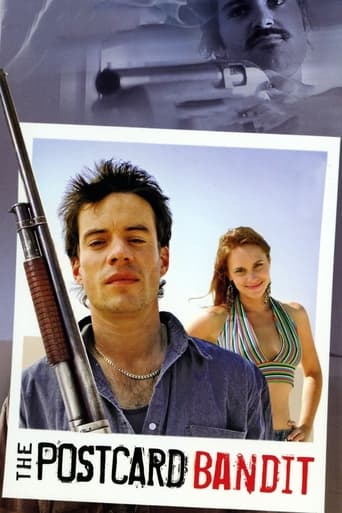
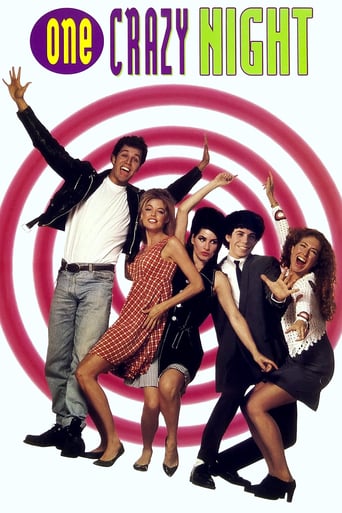
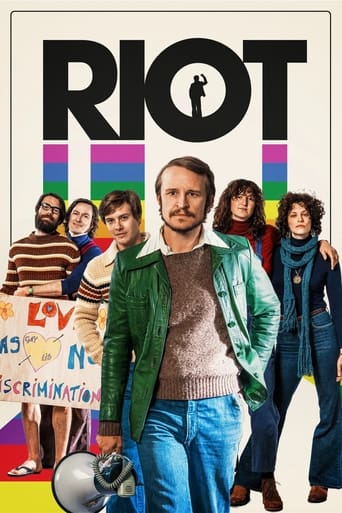
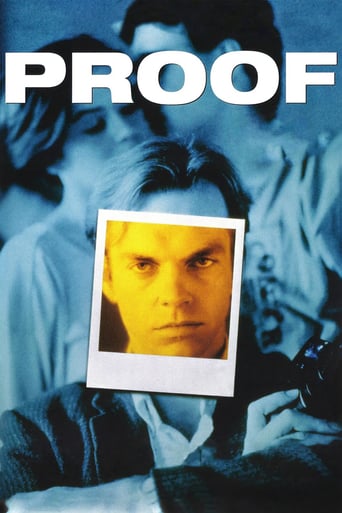

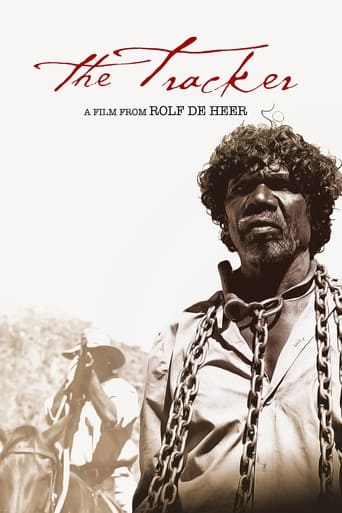
Reviews
Memorable, crazy movie
In truth, there is barely enough story here to make a film.
Exactly the movie you think it is, but not the movie you want it to be.
The acting is good, and the firecracker script has some excellent ideas.
There are things in this old movie to give one pause, especially Aussies.On one hand we have a historically significant film that despite flaws is compelling enough in its own way, while on the other the situation that has bedevilled relations between indigenous and white Australians for the last 230 years is displayed without a hint of embarrassment.Filmmakers Charles and Elsa Chauvel put forward two opposing points of view in "Jedda": one suggesting that indigenous Australians should be assimilated into the wider white society and the other claiming instincts instilled in a people during 50,000 years of isolation could not be suppressed in a few generations. However what really hits you in "Jedda" is the patronising and condescending way the whites treat the blacks - forget about equal pay and land rights.When an Aboriginal mother dies, her baby is taken in by Sarah McCann, the white wife of a cattle station owner. She had just lost her own baby, and although it's not a classic example of 'The Stolen Generation', it's not far off. She calls the little girl "Jedda" and raises her as her own.But as "Jedda" grows she is drawn spiritually to her own people despite a relationship with Joe, a half Aboriginal, half Afghan stockman. Casting Joe as a white man or half white may not have travelled well back in '55; apartheid didn't officially exist in Australia, but boundaries were easy to find. Paul Reynall, a white actor in blackface, played Joe.A renegade Aboriginal, Marbuck (Robert Tudawali), enters the scene and sensing Jedda's conflict, takes her forcibly on a journey through dangerous country. He is pursued by Joe, but when he is rejected by his own tribe, tragedy ensues.The film seems rough around the edges compared with films from Hollywood and Britain at the time. The most fascinating aspect is the two unknown Aboriginal actors from remote areas who were virtually thrust in front of the camera - Rosalie Kunoth Monks as Jedda and Robert Tudawali as Marbuck. Rosalie Kunoth Monks who was aged about 15 didn't really know what was happening. Although the Chauvels were decent people who treated her well, years later when asked if she was tempted to go on with an acting career, she replied, "No siree!" She became a nun and then a high-profile spokesperson for her people.Tudawali on the other hand caught the acting bug, but his life ran off the rails. In 1988, his story was depicted in an uncompromising film, "Tudawali" starring Ernie Dingo. It highlighted problems the Chauvels didn't.Black and white relations in Oz have had a considerable airing in films since "Jedda", including films made by indigenous Australians, but the whole thing is definitely still a work in progress.
To quote from Wikipedia: Originally the movie was filmed on location in the Northern Territory in Australia. The production process itself was a laborious process as the colour technique used, Gevacolor, could only be processed overseas in England. The film produced was fragile and heat-sensitive, which was a problem as the Northern Territory has a typically hot climate; film was stored in cool caves to protect it from deteriorating. The last roll of negative was destroyed in a plane crash on its way for developing in England and the scenes were re-shot at Kanangra Walls in the Blue Mountains west of Sydney.The reviewer that said the film wasn't filmed on location is clearly wrong. It was only the last reel that was lost.
JEDDA was a major cinema release in 1956 in Australia and has long been regarded as a cinema classic in this country. For international audiences now that RABBIT PROOF FENCE has found success in most countries, it is well worth seeing JEDDA as a 1956 counterpart. Filmed in Gevacolour (not Technicolor) it was the first film made in any color here. Heralded at the time for its daring depiction of the real and confronting tribal practices of ancient aboriginal Australia JEDDA still is able today to enthrall a (slightly forgiving) audience and still make you appalled at the very racist White Australia policy in force from the Government of the day. Sadly some of the acting is dated, especially in the beginning, but once Jedda is a woman and the tribal lure starts, it really becomes fascinating. The use of color in the outback expanses and the extraordinary presence of the two genuine black Aboriginal main actors allows JEDDA to become a major statement about the well-meant but misguided practices of Government policies and how they are (still) totally unsuited to such a spiritual people. The sequence where Marbuck 'sings' to Jedda, seducing her in a hypnotic sexual trap is quite startling and un nerving. The climax of the film rivals NORTH BY NORTHWEST for spectacular mountaintop drama. JEDDA would be available from SCREENSOUND Australia the Canberra Archive and interested persons could buy it on-line. It is exceptionally interesting. A near counterpart from the USA is the 1947 Indian/Chinese drama BLACK GOLD, made by Allied Artists and Directed by noir expert Phil Karlson.
After reading a previous comment on the film while researching information for an essay, I was edging to make a correction. Here it is:Because Jedda was the first colour film to be produced in Australia, the printing technology had not actually yet reached our shores, so all the colour film reels had to be sent to England to be developed. While to reels reached England quite safely they were unfortunately damaged on their return and almost all the footage was lost. Charles Chauvel lacked the extra budget to go back out onto location, and found it much cheaper to bring all the cast to him. Thus most of the film had to be reshot in the Blue Mountains, between Sydney and Canbera, instead of on the original location.
Top Streaming Movies











